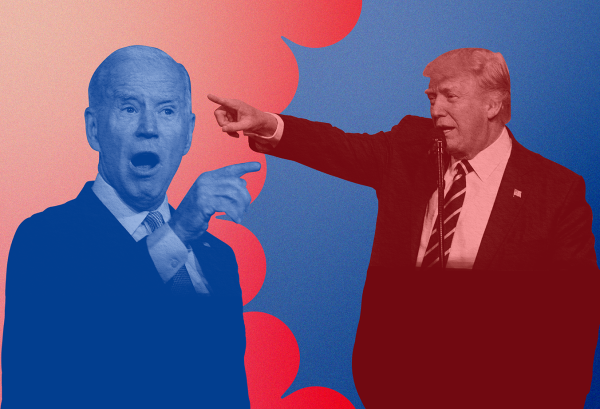Virtual newsroom concept a step forward for journalism
September 14, 2018
We are in the presence of a potential upheaval of the traditional ways which professional journalism and media is produced, and a new journalism platform is the one challenging it.
Over the past few years, many polls have revealed a steep decline in the American people’s trust for the media and, in the age of social media and the internet, platforms for journalism are dying. The internet has created an environment where the traditional business model of journalistic entities is challenged.
“Civil” is a journalism platform that aims to address both current problems within the industry using technology and democracy. It aims not to produce content, but to provide a stable platform for content creators to fairly and ethically create quality content.
This is all governed by The Civil Constitution. The entire “ecosystem,” as it is called, is based upon the same principles of checks and balances that our country was founded upon. It is also centralized around the idea of cryptocurrencies and blockchains.
Essentially, Civil has a cryptocurrency called CVL. For someone to start a newsroom, they pay a deposit of a fixed number of CVL tokens, the price of which can very. Anyone can buy CVL tokens and each one gives the owner the right to vote on the Civil platform.
If any of the newsrooms on the platform seem to be breaking the code of ethics listed in The Civil Constitution, CVL token-holders can challenge a newsroom by staking a matching deposit to that which the other newsroom put forth when entering the platform.
Then, all token holders including the Civil Council members vote for or against removing the newsroom. If the newsroom gets a majority vote in their favor, they get to remain on the platform and all tokens staked by the challenger are distributed between the newsroom and all people that voted in the majority.
If there is a majority vote to remove the newsroom, the newsroom will be eliminated from the Civil ecosystem and their deposit to enter will be distributed among majority voters.
The platform is also aided by blockchain technology, which is the same technology that Bitcoin and other cryptocurrencies are based upon. There a quite a few advantages to the technology that closely align with most notions of journalistic ethics.
Blockchains bring decentralization. The technology is based on an open protocol with finalized and concrete information called blocks. When information is entered onto a blockchain, it cannot be changed, deleted or edited. Therefore, any content created on the Civil platform will be a matter of record for all to see. This means that no one can go back and falsify content.
The decentralization aspect of the technology is what brings the entire idea together. Once the blockchain is in effect, no institution or single entity can change it; not even the creators of the blockchain can tamper with it. The system is vastly harder to corrupt or fix than that of some current media outlets that are owned by large corporations who are looking to make a profit by not creating honest and fair journalistic content. The way Civil is set up provides monetary incentive to act ethically rather than bias towards content that boosts ratings and number of views.
This complete inversion of the typical business model is a refreshing change that I view with much optimism. The company is still an upstart and only has a few newsrooms, most notably the Colorado Sun, but it will be interesting to see how this fresh idea impacts the world of journalism.






















































































































































